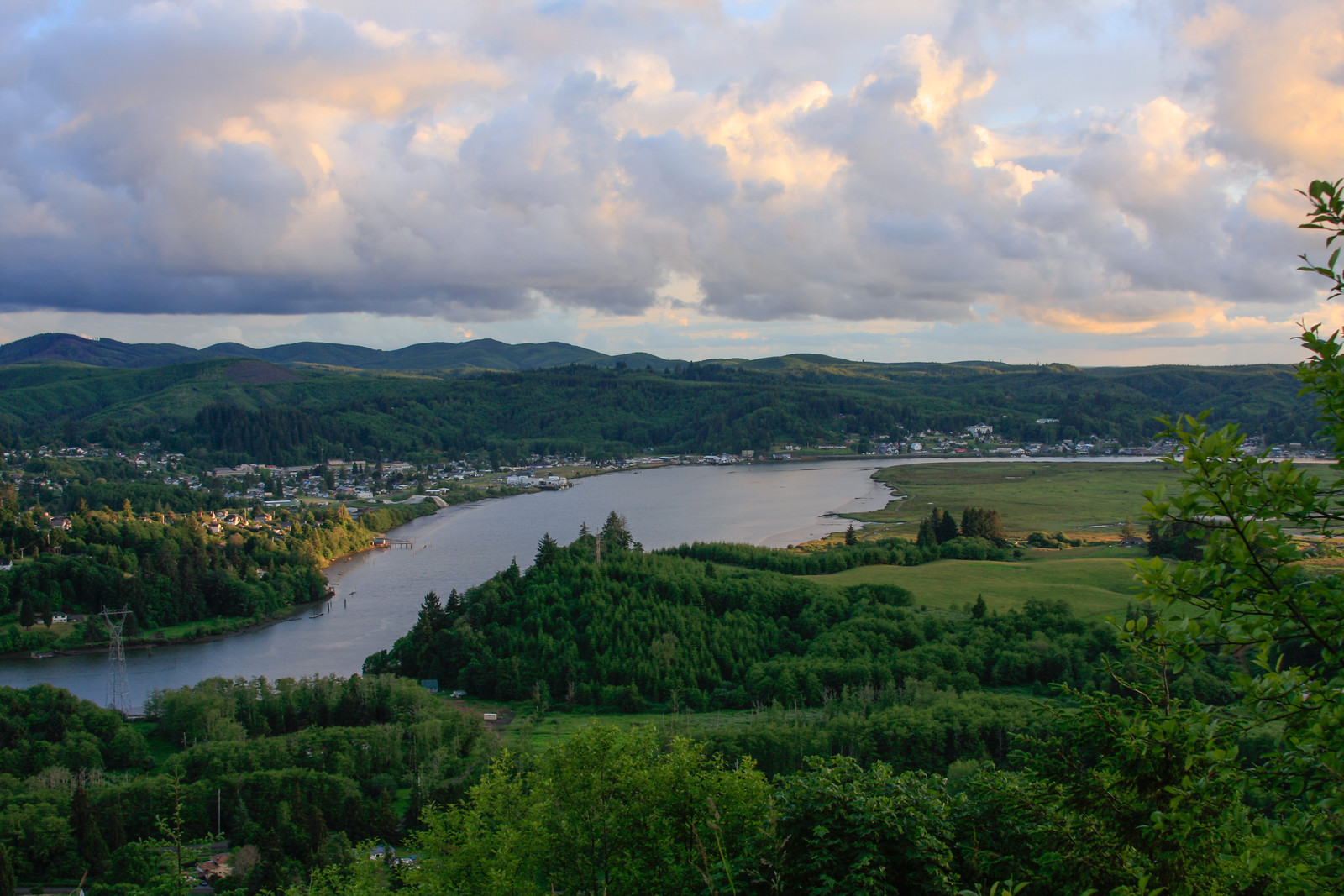Conservation districts use Natural Resource Investments funding from the Washington State Conservation Commission (SCC) to offer local, incentive-based programs that empower landowners to voluntarily install best management practices (BMPs). BMPs advance progress toward resource objectives, such as improved water quality and habitat, and are farm-friendly. Natural Resource Investments funding enables landowners and communities to complete voluntary projects that address state and local natural resource priorities – such as salmon recovery, climate resilience, and forest health. Using funding from this program, conservation districts offer “cost-share” as an incentive for landowners to install eligible conservation projects. Cost-share means a landowner only pays a portion of a project’s total cost – the remaining portion is paid by the conservation district. This incentive increases landowner interest and participation in conservation work.
All projects must meet requirements for use of NRI capital funding. Capital projects must have a practice design life of greater than one year. Capital funding may only be used for structural-type practices. Select practices with a design life of one year or less may be eligible for NRI funds as long as the practice is completed in conjunction with, and in support of, a structural practice.


